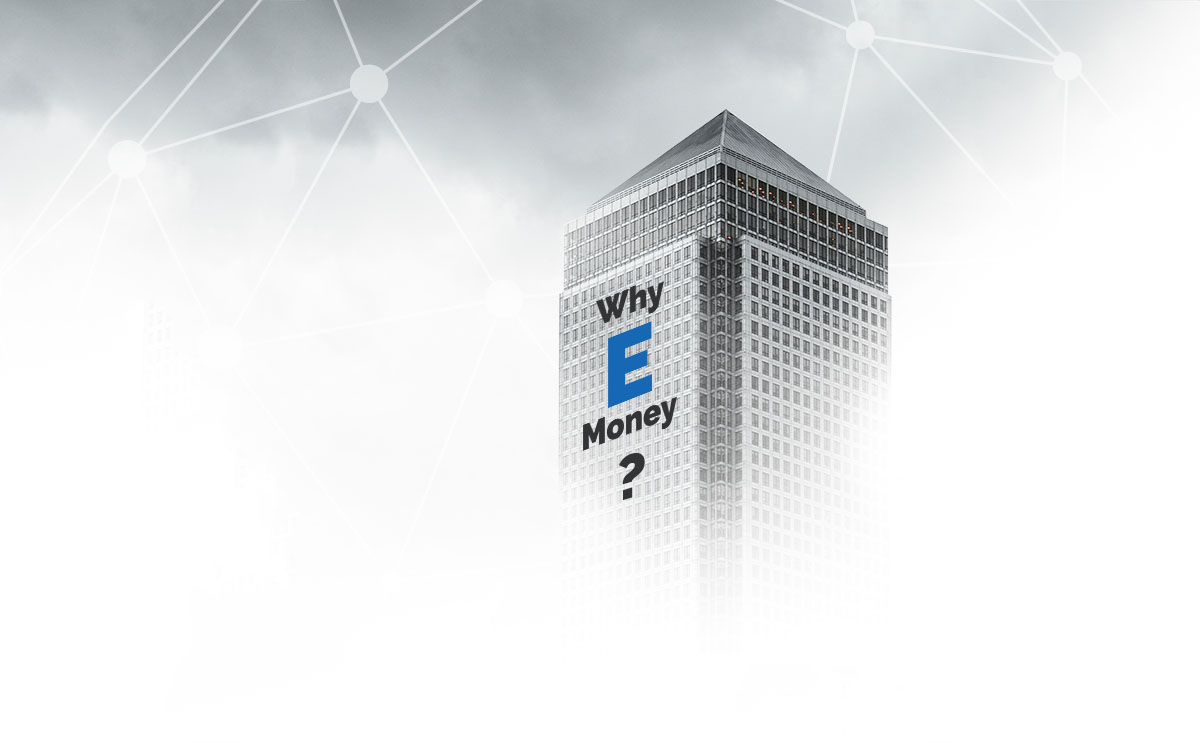
E-money: the digital alternative to cash
Monerium was founded in 2015 with the motivation to organize the future of the financial system around digital currency on blockchains. It was clear to us that blockchains would require a bridge to traditional fiat to accelerate the adoption of this technology and facilitate innovation in financial services. It was also clear to us that mainstream adoption would require deliberately working within the regulatory frameworks to ensure consumer protection and limit malicious use.
Change happens from within
In 2015, we began researching how to use blockchains within the financial services industry with an emphasis on regulatory compliance. As part of our research, we met with European regulators, US legal experts, and central banks. Our first hire was a lawyer with experience in regulatory compliance and securities markets.
As an electronic money institution (EMI), we are issuing asset-backed e-money on blockchains. A regulated EMI provides customers with legal protections while gaining all of the advantages afforded by blockchains: sending, receiving, and storing digital money without going through a financial institution. In contrast, virtual currencies that transact on blockchains do not offer such protections, they are not subject to the same requirements of being asset-backed, redeemable, fully audited and supervised.
What is Monerium e-money?
Historically, banks were simple: they accepted deposits and extended loans. Today, banks do much more which exposes them and their customers to counterparty risk by bundling deposits with an array of other services and products.
Monerium e-money is a simpler form of fiat than a traditional bank account and allows users greater flexibility than a traditional bank account.
Smart money
E-money is programmable fiat money on blockchains, a necessary prerequisite for the nascent blockchain economy.
Safe money
E-money is the closest form of central bank money a consumer or non-financial company can access. It is unconditionally redeemable, and users have direct priority claims on the underlying high-quality assets.
Money for self-sovereignty
E-money on blockchains promotes open banking by improving the users’ direct control of their funds through digital wallets. At the same time, blockchains will support frictionless cross-border global payments without going through intermediaries.
Monerium believes in the rebuilding of the financial system around open banking and self-sovereignty within the frameworks that serve to protect consumers and companies from fraud, instability, and illicit use. By issuing e-money on blockchain demand deposits are unlocked from legacy payment services which makes financial services more flexible and efficient.